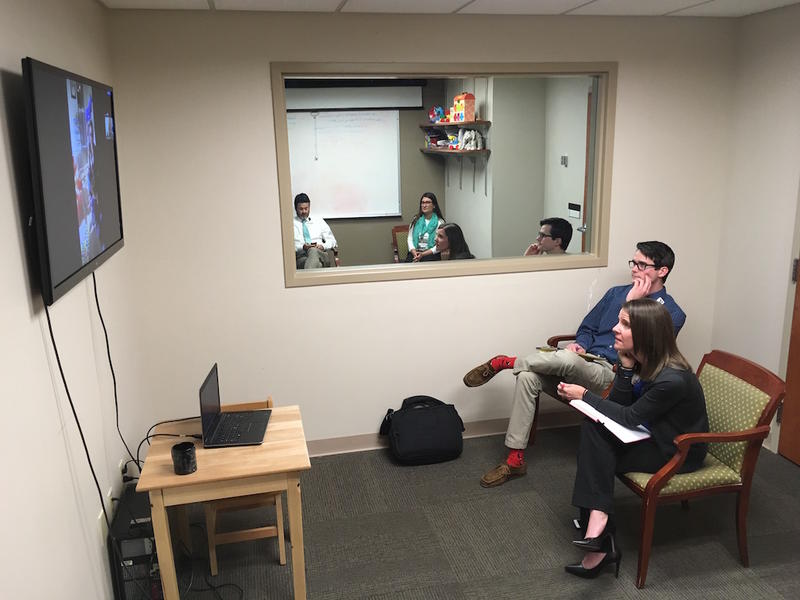
A small change in Tennessee law could open up much broader opportunities for telemedicine in the state. Starting Jan. 1, Tennessee doctors will have a simpler way to practice elsewhere, and out-of-state doctors will get the same treatment here.
One of
the big hangups to the promise of doctors treating patients remotely is that they still have to be licensed in the patient’s state. That takes a prohibitive amount of paperwork, doctors say, which has limited the growth of telemedicine.
So Tennessee is joining the Interstate Medical Licensure Compact, which includes about half the states. The largest lobbying group for doctors in Tennessee pushed for the change, which the
state legislature approved in 2017.
“While some state requirements may differ, the states who are entering this compact have a good understanding of what those requirements are and are comfortable with that being adequate,” says Dave Chaney, vice president of the Tennessee Medical Association.
The cross-border agreements mean a physician in Washington could conduct an appointment via video with someone in Westmoreland. Or a radiologist based in Rutherford County could review MRIs from Montana.
The compact only launched in 2017 and includes 24 states. It says 80 percent of physicians are eligible, but the reciprocal arrangement is not automatic. Through the compact commission, doctors have to apply and pay fees to get a license in each state they wish to practice in.
“Reducing barriers to practicing in multiple states is allowing qualified physicians to reach more patients and improve access to care,” Dr. Humayun Chaudhry of the Federal of State Medical Boards said
through a statement in November.


